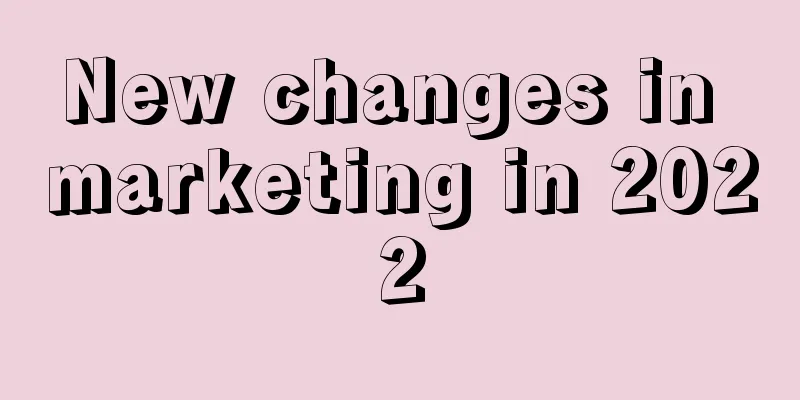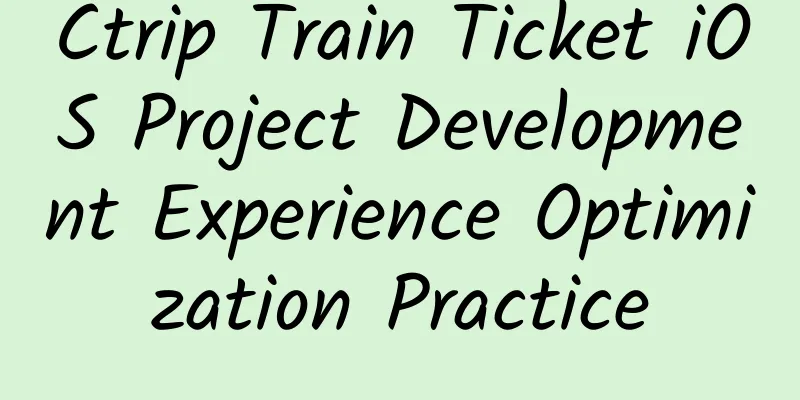Is this a big lie or a wise saying for developers?

|
“I’ll learn it when I need it!” I've heard this phrase countless times over the years; it sounds like a very pragmatic attitude in an industry as fast-moving and changing as software development. On some levels, it is, but on another level, it bothers me. It seems to have been a blessing in disguise for our industry, but it has never changed for the better. The problem is that this phrase, ostensibly from the words of wise, experienced developers, is an excuse for people to just go with the flow. There is so much to "discover and learn" on the job, but is there a big difference between "discovering and learning" while you're working or are you simply learning to solve problems as they arise? The industry is full of generalists and all-rounders. Maybe it has always been like this, but I am too closed-minded to realize this, and I don't want to see this happen. No one is willing to study something in depth, including the basic principles of computer science, the latest technology you are using, or even the language you have been using in recent years. Why bother yourself? Maybe when you are halfway through your study, you will find that these technical knowledge has been updated, abandoned, marginalized, outdated, and no longer popular. I have discussed this phenomenon with many people, and no one thinks it is a problem. "Be a pragmatist." Meanwhile, we are all cloning each other. Now I need a Java programmer, I am a Java programmer, you are a Java programmer, my neighbor is a Java programmer. What is the difference between us? - Nothing! Also, I learned some jQuery. That's good, so I know how to make a collapsible menu. And I can use Google to search the Internet, everywhere, I can find the **** code and plagiarize it. Meanwhile, if you want to recruit a real expert (maybe you want a magic interpreter or a large amount of data visualization), you should prepare enough dry food and water, because you can't find it. Yes, there are many things that differentiate you from me, I have better communication skills, so I do better. This is certainly important, but it feels a bit twisted that developers are differentiated by soft skills, not by development skills. We all have good communication skills, but the code we write is a mess :). Damn, I shouldn't say this, because I am also a generalist. Of course, I prefer to think of myself as a person with both breadth and depth (T-shaped), but if you want to tell the real truth, you will say that most people have only breadth and no depth, more like dashes (em-dash-shaped) :). You are like a giant stalactite in these dashes - you are T-shaped. You look like an expert, even if you never are an expert, and this is the advantage of being a specialist when there are generalists everywhere. Invest in your future I don't want to preach that we should invest in our future careers, because everyone knows this. Most people think they are investing. They work hard, write a lot of programs, and even learn while working. Of course, they will become an expert in 10 years and a senior expert in 20 years. However, if this is the case, then every older person will become an expert in various fields, which is definitely not the case. Maybe the reason is that people don't know how to develop their expertise in a certain direction (this is real), but I privately suspect that people lack enthusiasm more than guidance in this regard. All the problems mentioned above can basically be attributed to this situation. I'm totally off topic. "Investing for the future" is just one of the issues we're discussing, but the main issue is the mantra "I'll learn it when I need it." It was a great mantra for my dad, and it's worked for me over the years. Let's apply that idea to finance, "I'll invest money when I need it." You'll find that sometimes it doesn't quite work. You don’t know what you lack. We've all had that moment: you're agonizing over solving a problem, and finally someone comes along and tells you about X algorithm or Y technique that makes everything quick and easy. You're lucky to have someone who tells you the "easy" way, otherwise you'd have spent days or weeks figuring it out, and it would have been a mess. You can't be blamed for this, because you couldn't have known ahead of time what knowledge you were missing. I think this is where the "I'll learn it when I need it" mentality breaks down. You can't learn a technique you've never heard of. Google has done a lot to mitigate this, but it won't solve all problems. You'll run into a lot of unknown problems in the middle of nowhere, and they'll make you bang your head against them, as badly as you can, unless you understand what kind of problem you're facing (e.g., if you know some search algorithms and constraint propagation problems, you can solve Sudoku, otherwise, you're stuck). You can't learn an algorithm you don't know or don't know where to use it. You can't solve a problem with a technique you don't know what it does. There can't be someone standing by to point you in the right direction. I bet there are millions of lines of code in the world that could be replaced with something more efficient, cleaner, more effective, simply because the people who wrote it didn't know they didn't know something. I want to explain this problem in reverse. If I know what knowledge I lack in advance, then, of course, I need to focus on a lot of knowledge. It is very helpful to cover a wide range of knowledge as much as possible. When a problem occurs, I can see what field the problem lies in, and then study this knowledge in depth. However, it doesn't work like this. A superficial review of various knowledge will not leave any trace in our mind in the end. Our brain doesn't work that way. If I don't strengthen and dig deeper into a certain knowledge concept, our brain will quickly mark it as unimportant information and a complete waste of time (think about how much you can remember the next day after memorizing something for a test?). However, if you can focus on a topic and study it deeply - and follow the interest - you will gain a lot (which you will not forget). My grandfather was a nuclear physicist, and decades of collecting and studying knowledge in this field made him an expert, but it also made him an excellent mathematician, a good chemist, a very good geologist, a qualified biologist, etc. This is just a byproduct of the extensive knowledge gained from deep study. Can you learn them fast enough? Some things take a long time to learn. I can confidently learn an ORM framework I've never seen before without frowning, because I've seen similar things before and the concepts are the same. But if you need to do something to convert speech into text, it's not that easy, you don't have enough background knowledge. Hopefully Google will find something we can copy and paste. This is a bad idea, only researchers in universities would do such a shitty thing. What if it's to develop a website? We all know how to do it, but what if it needs to support 10 million users per day? I need to know how to upgrade it, and I believe you can't speed it up without a month or two of research. Yeah, I'm so stupid, what I should have done is hired an expert, and then... oh... wait, wait, we are out of food and water. Why do I care? Working with experts is awesome. Maybe you've had this experience before, where everything they say is so new and interesting, and every line of code they write is so instructive that you can almost feel your brain expanding :). You want to learn from experts, but when you can't find them, that's unfortunate. Because everyone learns when they "need" to, and no one can teach anyone anything. The biggest lesson here is that experts also want to work with experts, so the question is, do you know if the experts want to work with you? If you can learn when you need to, it's a good idea, but you can't take it as a golden rule for software developers. Yes, this industry is broad and you can't learn everything, so choose a few and learn them well. If you are curious and do a deep dive, you will find that you will eventually have a good grasp of many other things. And if you can do a good job, other experts will want to work with you because they can learn from you and you can learn more from them. This is better for everyone. |
<<: Google crawls 30 billion in-app information and recommends apps when searching for content
>>: Tencent VS Alibaba's Internet+ War
Recommend
Zhao Rui: A Practical Guide to WeChat Marketing Management for Enterprises
Zhao Rui: A Practical Guide to Enterprise WeChat ...
From CTR 0.5% to CTR 7%, share 3 great promotion ideas!
A few days ago, I wrote an article about informat...
Types and development trends of WeChat Moments ads in 2015: H5 ads become popular on the platform!
Since last year, WeChat has become a social platf...
David Ogilvy's 20 Most Valuable Advertising Rules!
If a Chinese advertiser only knows the name of on...
Everything you need to know about Binder as an application developer
Why understand Binder? Generally, inter-process c...
Brand Yuanqi Forest Marketing Data Report
When it comes to sugar-free beverages with “0 sug...
How to improve user retention? 4 key points!
Before I start sharing knowledge points about ret...
Product Operation: How to use data to create a good MVP?
The implementation of MVP is inseparable from dat...
Community operation: How to build a highly active user community?
Social media is an important means of attracting ...
Xingcheng SEO Training: What are the SEO operations that lead to a drop in keyword rankings?
For companies doing website promotion today, many...
Kaiyuan SEO Training: How to improve the weight of internal pages of the website?
Before talking about how to improve the weight of...
Station B Operation: Detailed analysis of Station B’s membership system!
On October 10, 2016, Bilibili launched the B-stat...
Tips for editing and producing popular short videos!
With the rise of short videos, everyone with a mo...
Finance and Business Analysis Course for Young People
Introduction to Finance and Business Analysis Cou...
How do product people quickly write in-depth product experience reports?
In this article, the author analyzes several high...









